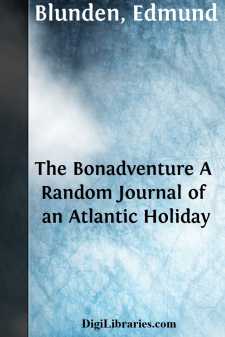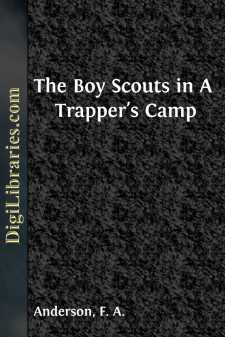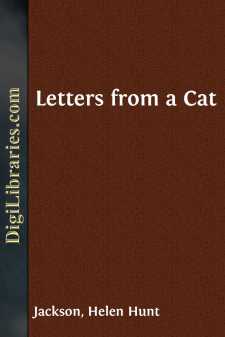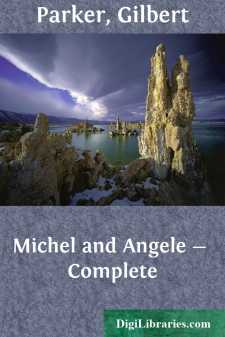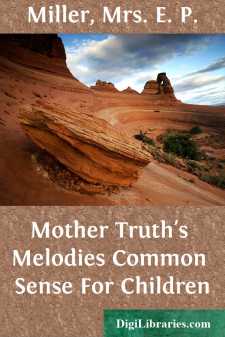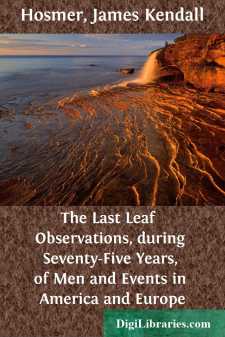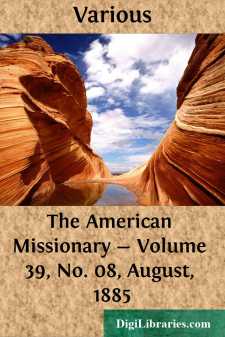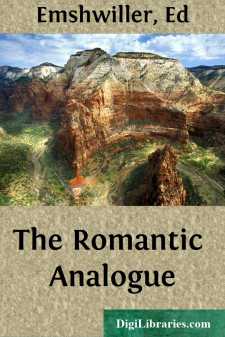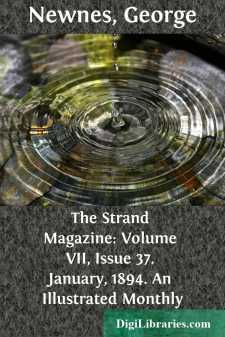Fiction
- Action & Adventure 180
- Biographical 15
- Christian 59
- Classics
- Coming of Age 5
- Contemporary Women 3
- Erotica 8
- Espionage/Intrigue 12
- Fairy Tales, Folklore & Mythology 236
- Family Life 169
- Fantasy 117
- Gay 1
- General 596
- Ghost 32
- Historical 808
- Horror 43
- Humorous 160
- Jewish 25
- Legal 4
- Medical 22
- Mystery & Detective 315
- Political 49
- Psychological 41
- Religious 64
- Romance 159
- Sagas 11
- Science Fiction 730
- Sea Stories 113
- Short Stories (single author) 537
- Sports 10
- Suspense 1
- Technological 8
- Thrillers 2
- Urban Life 31
- Visionary & Metaphysical 1
- War & Military 173
- Westerns 199
Classics Books
Sort by:
by:
Edmund Blunden
AUTHOR’S NOTE A few facts are perhaps needed in this place. The autumn of 1921 found me in bad health, which seemed to me to be gaining ground. The Editors for whom it is my privilege to work were of that mind too, and suggested a sea voyage. I am one of that large class who can afford little more than voyages in ships which are hauled over on chains; but this was allowed for in every possible way by...
more...
by:
F. A. Anderson
AN INTERRUPTED DREAM Walter Upton pushed aside books and papers, yawned, stretched, yawned again, then settled back in his chair comfortably, his hands clasped behind his head. "I'm glad that vacation is only one week off," he murmured. "School is all right, and I know I'm going to be mighty sorry when school-days end for good. Just the same, this infernal grind to get a...
more...
I do not feel wholly sure that my Pussy wrote these letters herself. They always came inside the letters written to me by my mamma, or other friends, and I never caught Pussy writing at any time when I was at home; but the printing was pretty bad, and they were signed by Pussy's name; and my mamma always looked very mysterious when I asked about them, as if there were some very great secret about...
more...
by:
Gilbert Parker
CHAPTER I If you go to Southampton and search the register of the Walloon Church there, you will find that in the summer of '57, "Madame Vefue de Montgomery with all her family and servants wereadmitted to the Communion"—"Tous ceux ce furent Recus la a Cene du'57, comme passans, sans avoir Rendu Raison de la foj, mes sur latesmognage de Mons. Forest, Ministre de Madame, quj...
more...
INTRODUCTION We have had illuminating books upon Japan. Those of Lafcadio Hearn will always be remembered for the poetry he brought in them to bear upon the poetic aspects of the country and the people. Buddhism had a fascination for him, as it had for Mr. Fielding in his remarkable book on the practice of this religion in Burma. There is also the work of Captain Brinkley, to which we are largely...
more...
WHY FLY AWAY, MOTHER GOOSE? "MOTHER GOOSE, Mother Goose,Why fly away?""Because Mother Truth isA-coming to-day.She'll tell you funny things,But they'll be true;She'll bring you picturesSo charming and new;She'll sing you Melodies, helping to showHow, to true women and men, you may grow." {14} TOSS THE BABY. Toss the baby high in air;Catch him though, with special...
more...
CHAPTER I STATESMEN OF OUR CRITICAL PERIOD I came to consciousness in the then small town of Buffalo in western New York, whither, in Andrew Jackson's day, our household gods and goods were conveyed from Massachusetts for the most part by the Erie Canal, the dizzy rate of four miles an hour not taking away my baby breath. Speaking of men and affairs of state, as I shall do in this opening paper, I...
more...
by:
Various
THEAmerican MissionaryVol.XXXIX.AUGUST, 1885.No.8.American Missionary Association.$365,000 NEEDED FOR THE CURRENT YEAR.Your Committee are convinced that not less than a THOUSAND DOLLARS a day are imperatively demanded to perfect the admirably organized plans of the Association, even for the present, to say nothing of the pressing needs of the early future.—[Finance Committee's Report Adopted by...
more...
by:
Ed Emshwiller
athematicians are just like people: old, young, fat, thin, male, female. This one was male, thirty-five, with steady brown eyes and a nice smile when he remembered to use it. His name was Norman Venner, and besides being a mathematical whiz generally, he had designed and built an electronic brain, or calculator, which was in some ways smarter than himself—and a lot less diffident. Electronic...
more...
by:
George Newnes
Stories from the Diary of a Doctor. By the Authors of "THE MEDICINE LADY." VII.вÐâTHE HORROR OF STUDLEY GRANGE. "THE HORROR OF STUDLEY GRANGE." I was in my consulting-room one morning, and had just said good-bye to the last of my patients, when my servant came in and told me that a lady had called who pressed very earnestly for an interview with me. "I told her that you...
more...


